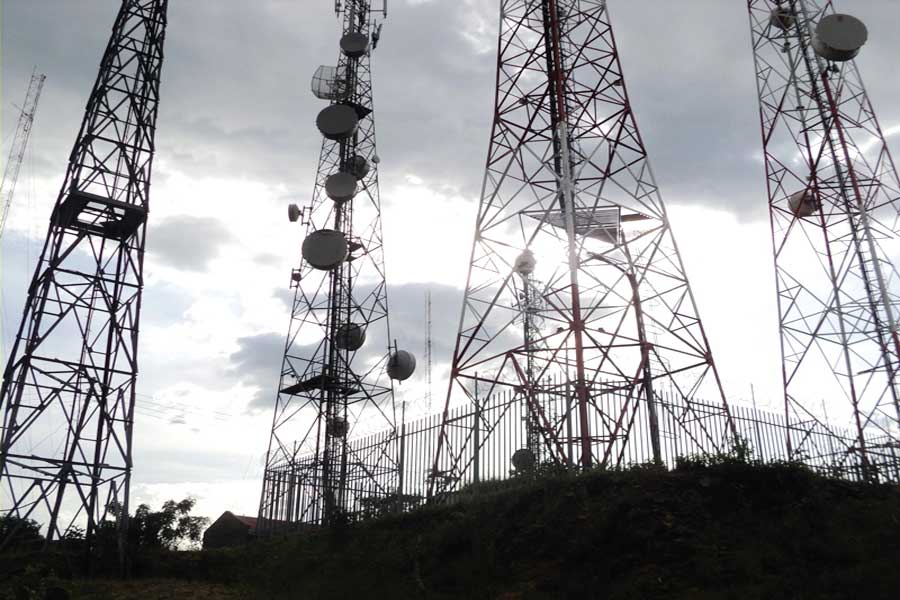Full scale implementation of none delivery of petroleum products to filling stations located within a radius of 20kms to the nation’s land borders have finally crashed telecoms services and signals within Nigerian land borders.
A recent visit to Seme, Benin Republic’s Nigeria border town showed no single reception of any Nigerian telecoms services signal on any phone.
Recall that the Nigerian Customs Services (NCS), had vide a circular to all border posts, stopped supplies of petroleum products to filling stations within 20kms radius to land border line before the end of 2019.
Business Hilights recalls that as at the time of the Customs order against delivering petroleum products to border filling stations, the leadership of the Association of Licensed Telecoms Operators of Nigeria (ALTON), warned that part of the dangers would be total communication cut-off within Nigeria’s land border range which would translate to the worst security crisis for the nation.
However, findings by our correspondent showed that no consideration was ever given to telecoms operators and their border Base transceiver Stations (BTSs), thus leading to total collapse of digital services along Nigeria’s land borders as at now.
Some of the network site engineers who spoke with our reporters on grounds of anonymity said all efforts to see how fuel would be taken to their BTSs near the border have failed based on the Customs order banning delivery of petroleum products to near-border filling stations.
Additional findings show that available telecoms network signals on the Nigerian land borders are networks of neighbouring nation’s including those of Benin Republic, Chad, Niger Republic and Cameroon.
In an interview with some officials of Nigerian Customs Service at the border, they revealed that the absence of any Nigerian communications network signal within the vicinity has forced many border business operators and residents to go for SIM cards from neighbouring countries.
Analysing the scenario, a security consultant, who weighed the merits and demerits of none fuelling of border BTSs, said even though networks are not to be blamed, the security implications of the act could be humongous as the borders can only be monitored now via human means and not digital means on real time.









